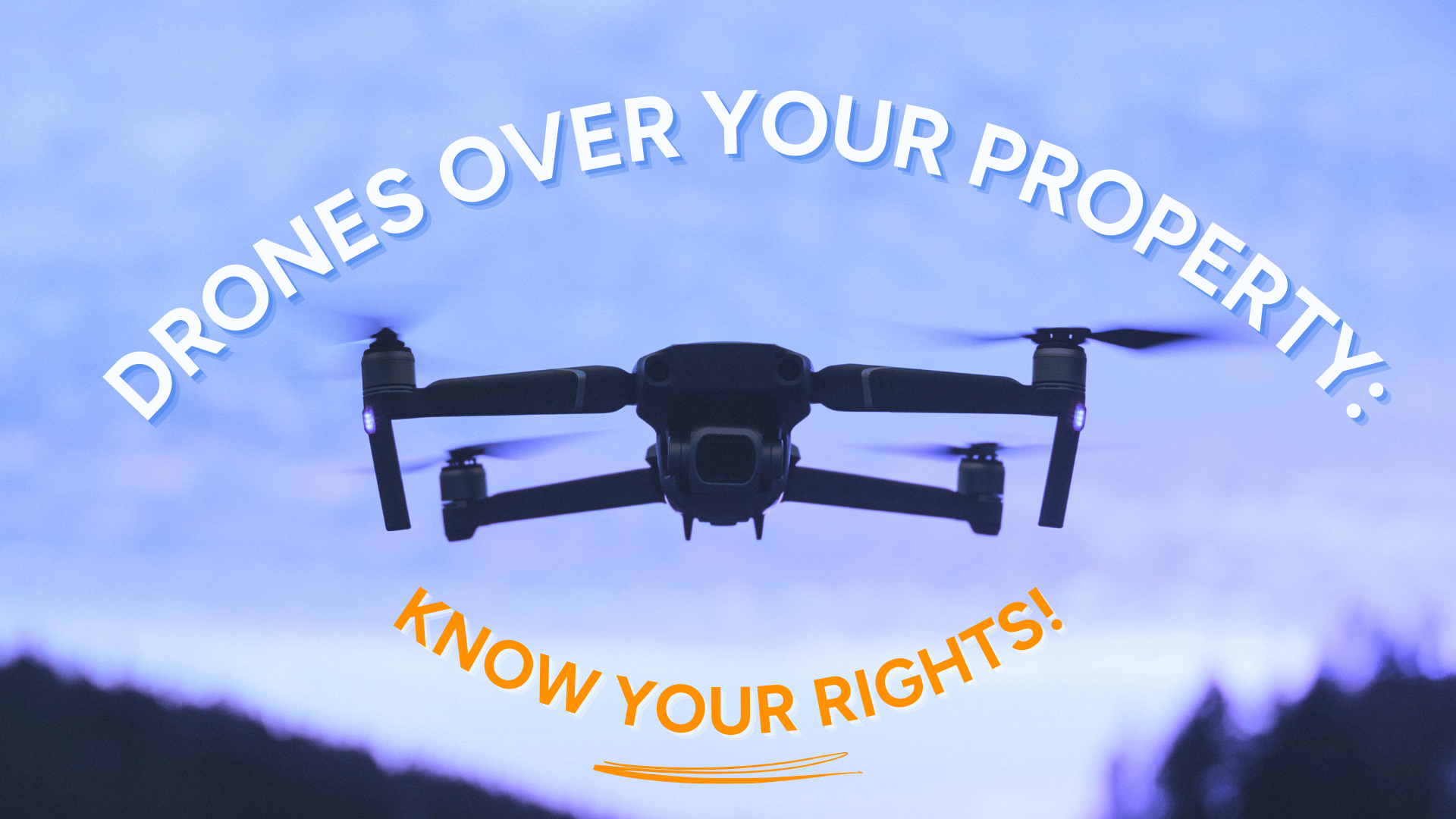Dispute Closes Curtain

Standing at 527 North Grand Boulevard in the Grand Center neighborhood of St. Louis, the Fox Theatre has maintained its status and prestige as a city landmark, earning the moniker, the “Fabulous Fox.” Despite its well renowned history, preservation, and extended use, in 2021, the Fox Theatre became the subject of a land dispute lawsuit involving two parties who claimed ownership of the property. Given the interesting arrangement of existing ownership percentages, it is arguably natural or at least expected that a legal disagreement would develop. In the two years since its filing, however, the lawsuit has been settled.
Follow the Road to Ownership

Almost fifty years after a dress was gifted to a priest at The Catholic University of America, a relative is challenging the determined ownership of the costume. The significance of the blue and white gingham dress and paired white blouse is legendary. Judy Garland’s acquired costume in the iconic Wizard of Oz is one of four total dresses and one of two dresses with the matching blouse known to still be in existence. Actress Mercedes McCambridge, who died in 2004, gave the costume to Rev. Gilbert Hartke in 1973 as a ‘thank you’ for helping her through her substance use issues. Now, the priest’s niece, Barbara Hartke, contends that the dress belongs to her, as the heir of her uncle’s estate.
Mold Covered Mansion

Although Megan Fox acknowledges that she failed to read prior reports and documentation about the state of the property, she agreed to move forward with the purchase of a $3.3 million Malibu mansion, once owned by Brad Pitt’s manager, Cynthia Pett-Dante. Among the claims addressed in Fox’s $5 million lawsuit against Pett-Dante, the actress focuses on mold and septic issues, as well as an illegal animal structure on the property. Fox stated that her main concern with the home was the presence of mold, which triggered chronic headaches and stress-related complications. The cost of fixing the stated issues was estimated at $500,000.
Bedrock Burden Ends

In a town 25 miles south of San Francisco, CA, a home sits as a page out of history. The Hillsborough homeowner, Florence Fang, has settled a lawsuit that was initiated in 2019. Following the issuance of three “stop-work” orders, the town of Hillsborough filed a claim against Fang, alleging that she needed work permits to continue the construction of various Flintstones memorabilia and statues on her property. In response to the lawsuit, Fang filed a counterclaim that accused the town of engaging in discriminatory demands and practices. Although both parties reach a friendly and agreeable resolution in April 2021, a gag order prevented the release of the information pertaining to the case details.


